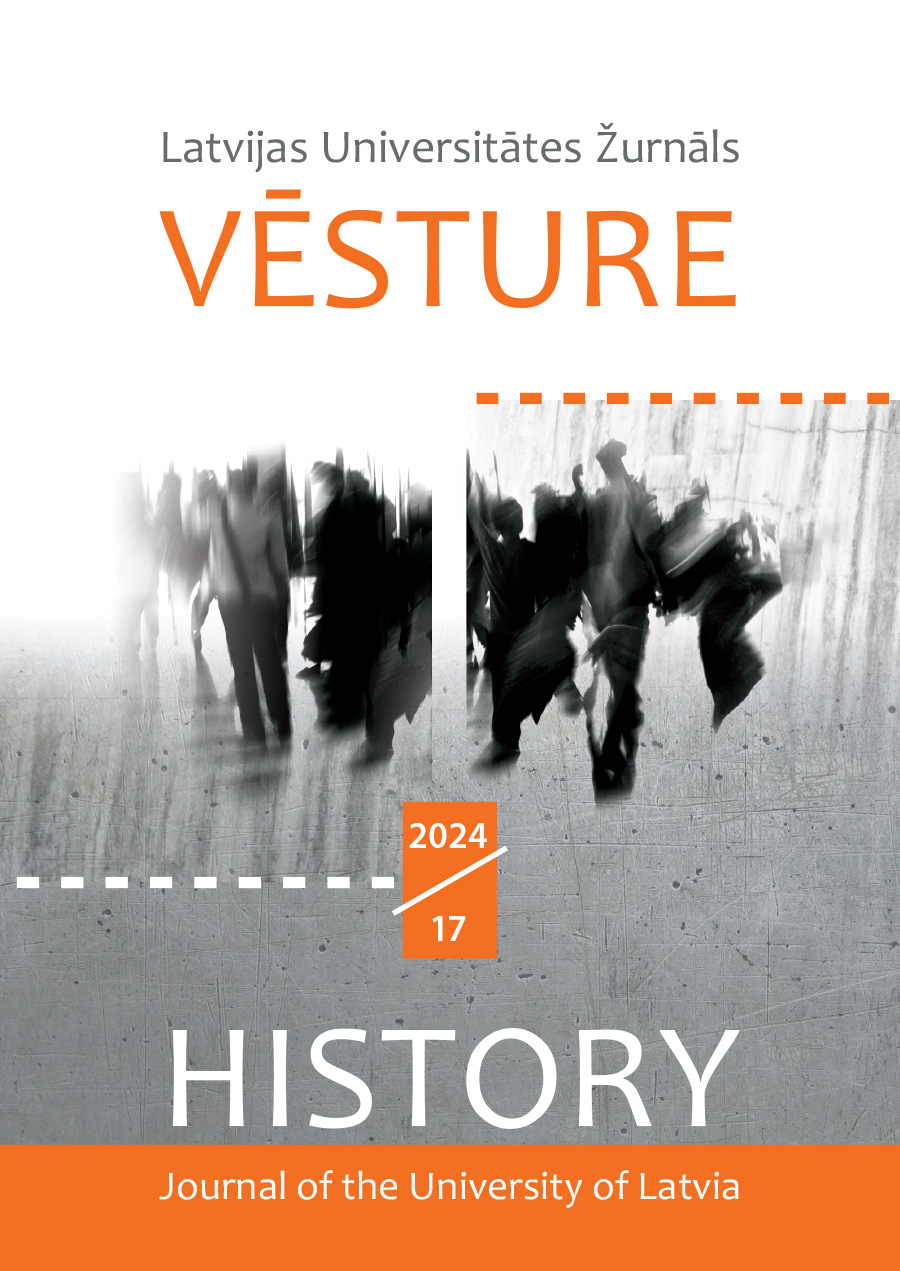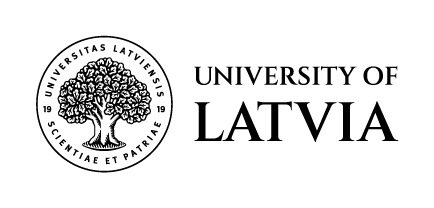Supplying the Lithuanian Army with Weapons in War Against Bolsheviks and Bermondt-Avalov Formations in 1919 at the Clash of Interests Between the Entente and Germany
DOI:
https://doi.org/10.22364/luzv.17.02Keywords:
Baltic states, Wars of Independence 1919–1920, supply of weapons, diplomacy, EntenteAbstract
Western political, social and economic support to Ukraine in face of Russian aggression has aroused discussion and actualized historical episodes of weapons supply and military assistance. Historical analysis of weapons supply during military conflicts and wars in the past provides a good opportunity to become more familiar with the problem and may give fruitful insights for understanding this phenomenon in its broader sense. After the collapse of Russian Empire and after the end of the World War I Lithuania fought in wars for independence, and received military assistance consisting of weapons, ammunition, clothes, and food from the two opposing parties and former enemies – Allies and Germany.
In the current article, the author analyses the question of the weapons supply to Lithuania through the lens of foreign policy interests of England, France and Germany, and explores to what extent the supply of weapons depends on overlapping foreign policy interests of both appealing and providing country. During the War of Independence, Germany supplied armaments, when it needed to stop Bolsheviks and to counterweigh the influence of Poland in Lithuania, but refused to do that when Lithuania intended to promote its own foreign policy interests to capture Vilnius in 1919. The same happened with Allies, who refused to supply weapons to Lithuania despite its appeals in the first half of 1919, meanwhile, Lithuania received weapons from the Entente when it faced direct threat from the remaining units of German Army, which also became dangerous for the vital interests of France and England in Baltics.
Downloads
Published
Issue
Section
License
Copyright (c) 2024 University of Latvia

This work is licensed under a Creative Commons Attribution-NonCommercial 4.0 International License.


